It is necessary to regulate prohibited behaviors in AI research and application.
Artificial Intelligence (AI) is becoming the cutting-edge technology of the 4.0 industrial revolution, opening up many great opportunities for socio -economic development. However, it also poses many urgent challenges in management, ethics and safety that current legal regulations do not fully cover.
Therefore, the National Assembly deputies all agreed on the necessity of developing a draft Law on Artificial Intelligence to create a breakthrough legal corridor for artificial intelligence, create a favorable legal environment to promote innovation, enhance national competitiveness, and at the same time manage risks, protect national interests and human rights.

Concerned about the use of AI in state agencies, National Assembly Deputy Tran Dinh Chung (Da Nang) said that this will help agencies, officials and civil servants save a lot of time, process work faster and more synchronously, contributing to improving the quality of work.
Besides the cost and time benefits of applying AI in state agencies, delegates also noted that there are currently many issues that need to be further studied and specified in the draft Law.
The first is the security when using AI, because officials and civil servants currently have to provide input information for AI training as well as during the operation process. Therefore, if not strictly managed, there is a risk of internal data, sensitive data or confidential state information being put into AI software, or data being used for purposes other than AI training. Data is also a matter of concern when there are no specific regulations on how to store it, where to store it, and access rights.
Second, concentrating a large amount of data from state agencies into AI software also creates a risk of hackers attacking and stealing data. In particular, this risk is also increasing because state agencies cannot build and operate AI software themselves but often rely on cooperation with outside businesses. Meanwhile, current spyware from foreign countries is also developing, so using AI also faces the risk of data theft and domination.
Third, another risk is accuracy. Because AI software can also produce inaccurate results due to learning from available data, can inherit biases or incorrect solutions that civil servants have made in the past. "Inaccurate or incomplete data also greatly affects the quality of AI," the delegate emphasized.
Officials, civil servants or citizens do not have the skills to ask questions to AI, leading to limited answers. Meanwhile, AI needs time to update new legal documents and new instructions from state agencies.
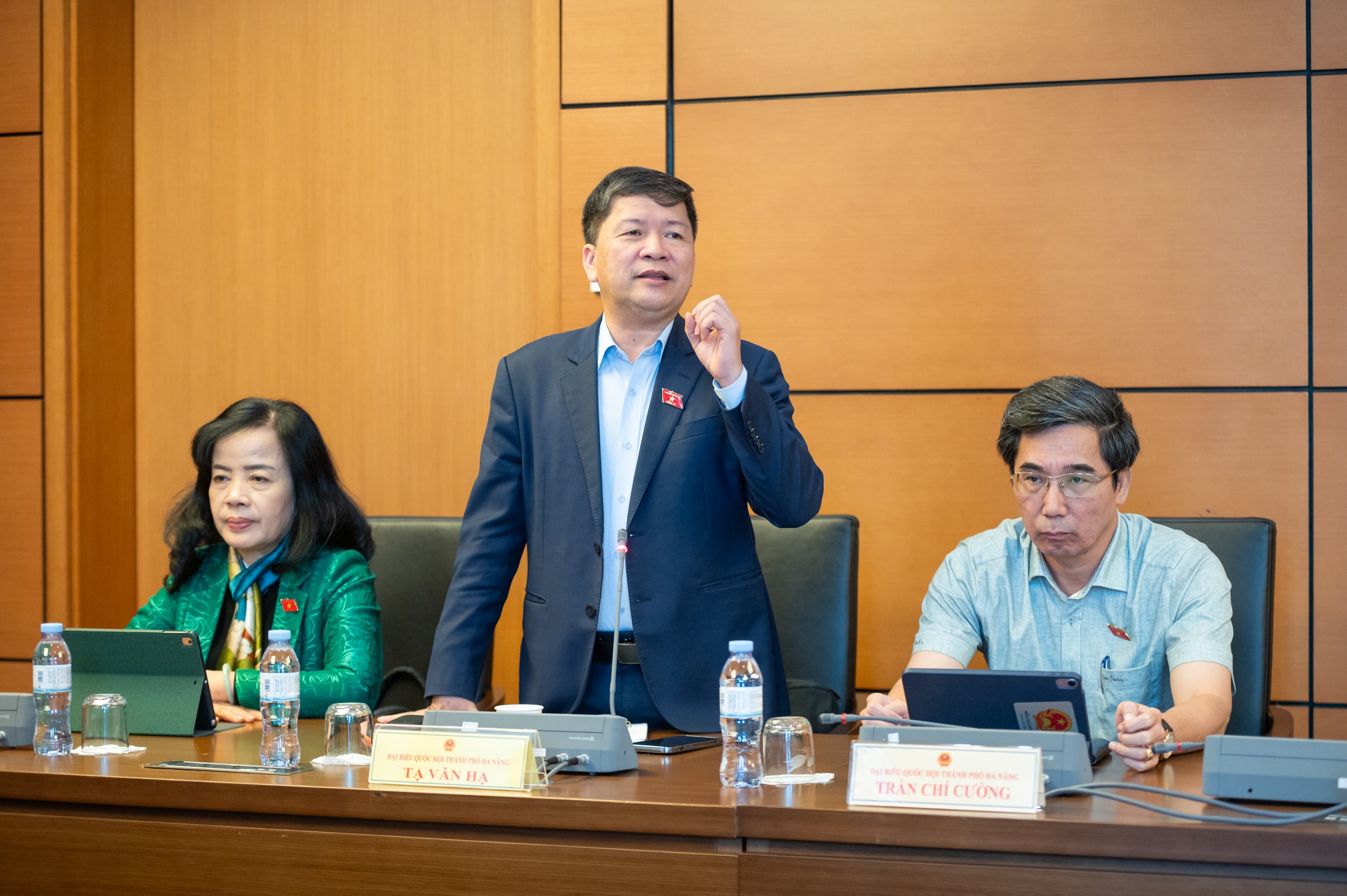
Fourth, the quality of AI currently does not meet the requirements. Some AI models are very complex, making it difficult to control the analysis process, process data, and explain why AI makes a particular decision. In addition, the problem of errors in algorithms or AI systems also leads to errors.
In addition to the requirements for technical infrastructure and human resources to apply AI in state agencies, delegate Tran Dinh Chung also noted that it is necessary to pay attention to the risk of abusing AI technology, which will reduce the skills of civil servants. Officials will do less research because they think they just need to push it into software so that AI can help answer questions of concern.
“Using AI technology in state agencies is an inevitable trend. But how to use it to ensure work efficiency while also ensuring information security and safety is an issue that is being raised.” Therefore, delegate Tran Dinh Chung agreed to build the Artificial Intelligence Law project, but also suggested continuing to review to ensure consistency and consistency with related laws.
Delegates also proposed to study and add a provision regulating prohibited behaviors and activities in AI research, application, and adoption, instead of placing them scattered in many provisions in the draft Law as currently, leading to difficulty in monitoring.
According to the delegate, clearly defining the legal responsibility of AI is very important to avoid future legal disputes as well as handle violations. On the other hand, AI is related to machines and technology, so in addition to the human-made errors that can be attributed, it can also be blamed on machines, technology or other factors. Therefore, research must be conducted to define them very specifically, avoiding blurring of legal responsibility, especially in the application and use of AI in state agencies.
It is necessary to clearly define the agency in charge of risk management in the fields.
Concerned about the management of high-risk AI systems stipulated in Section II, Chapter II of the draft Law, National Assembly Deputy Vuong Thi Huong (Tuyen Quang) said that the healthcare sector needs to be identified as one of the high-risk sectors when applying artificial intelligence, due to its direct impact on human life and health, sensitive personal data and social trust. AI systems that support image diagnosis, disease treatment, surgery, gene analysis, etc., if lacking inspection, lack of safety standards or lack of transparency in training data, can cause serious, even irreversible, consequences.
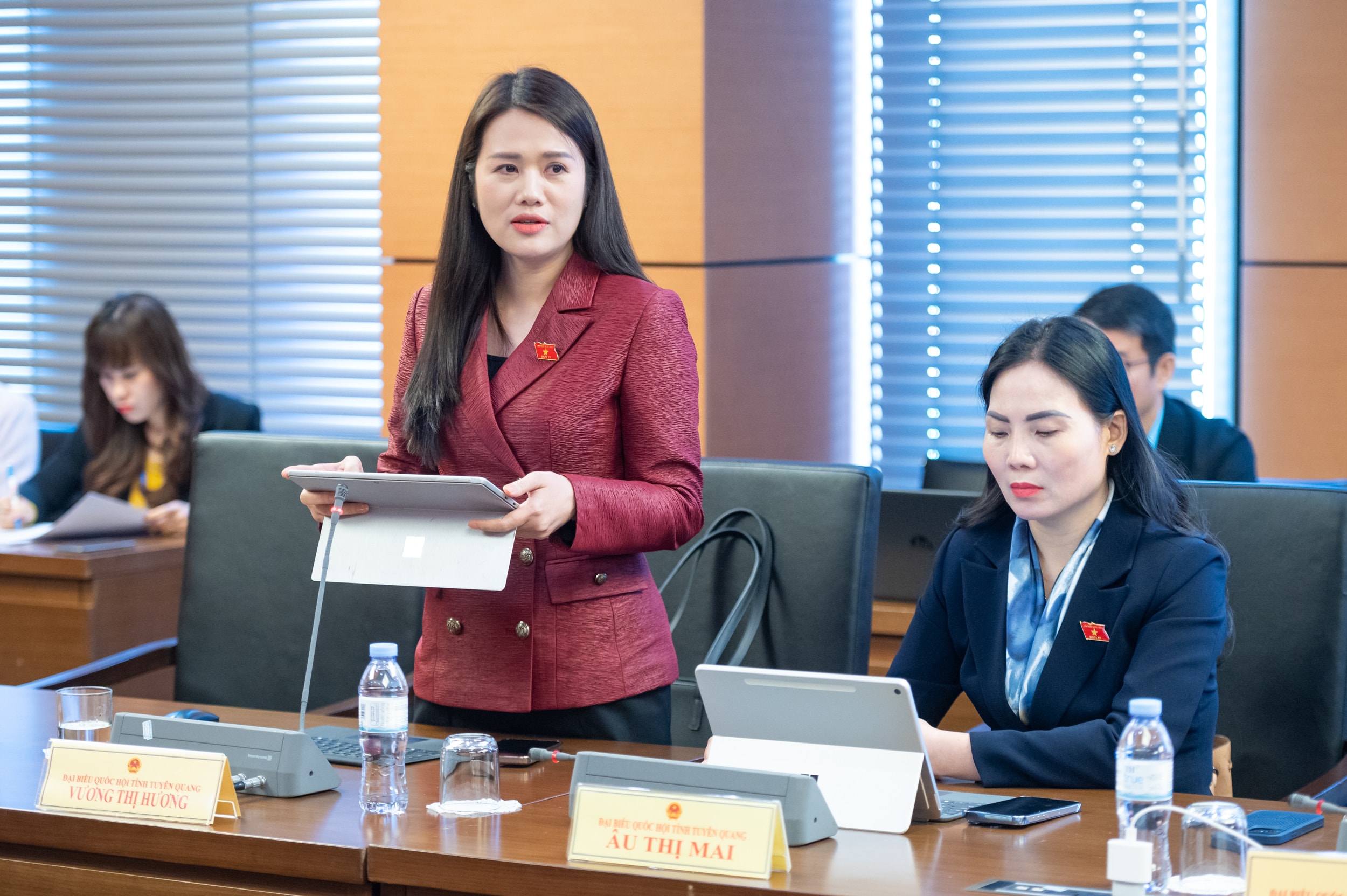
The draft Law stipulates the classification and management of risks but does not clarify the agency in charge of management in each specific field. Meanwhile, delegates found that, in the health sector, if general coordination is assigned to the information technology management agency without clearly defining the role of the health sector, it could lead to overlap in appraisal, lack of uniformity in professional standards, and difficulties in managing artificial intelligence products used as medical devices or applied in medical examination and treatment.
Therefore, it is proposed to supplement the regulation assigning the Ministry of Health to preside over the management of high-risk artificial intelligence systems in the medical field, coordinate with the Ministry of Information and Communications and relevant ministries and branches to: promulgate technical standards, clinical assessment and safety inspection; regulations on medical record data security and connection of medical information systems; and monitor risks during use.
“Clearly defining the focal point will create a solid legal basis, ensure patient safety, and at the same time create conditions for technology businesses and medical facilities to deploy AI applications in a transparent and controlled manner,” delegate Vuong Thi Huong emphasized.
Agreeing with the provisions on the National Artificial Intelligence Development Fund in Article 23 of the draft Law, National Assembly Deputy Be Minh Duc (Cao Bang) said that this fund was formed to promote and support research capacity as well as AI application in the country. However, we currently have the National Science and Technology Development Fund and the National Technology Innovation Fund, which also aim to support research and technological innovation, including AI.
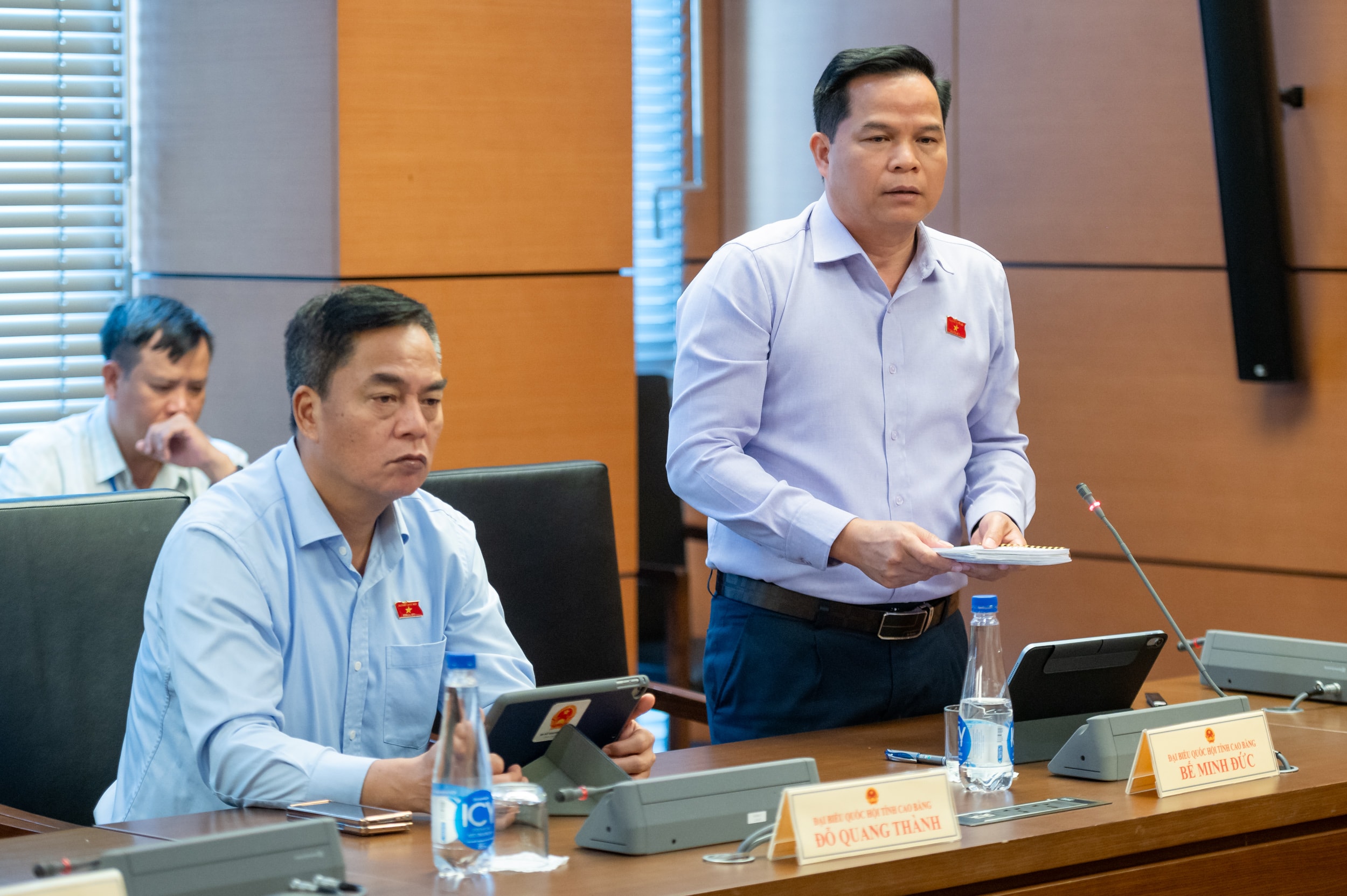
Although the scope and target of each type of fund are different, they all focus on the fields of science and technology. Therefore, it is recommended to review and determine the relationship between types of funds to promote the effectiveness of each type of fund, avoid duplication of functions, dispersion of resources and increase the budget burden.
Even because they are under the same management ministry, delegates suggested that it is necessary to consider combining these three types of funds, concentrating resources to implement support policies for more favorable development of science and technology.
In addition, delegate Be Minh Duc also suggested that relevant specialized laws should also have specific regulations on AI within each field. This is a principle that needs to be regulated, because our country is entering the digital age. Artificial intelligence has been widely researched and applied in all industries, all socio-economic, defense and security fields. Adding the above principle will help ensure comprehensive regulation of specific issues and meet management requirements in the context of rapidly developing technology as it is today.
Source: https://daibieunhandan.vn/gop-3-quy-ve-khoa-hoc-cong-nghe-giup-tap-trung-nguon-luc-10396526.html


![[Photo] 17th Congress of Hanoi Women's Delegates](/_next/image?url=https%3A%2F%2Fvphoto.vietnam.vn%2Fthumb%2F1200x675%2Fvietnam%2Fresource%2FIMAGE%2F2025%2F11%2F21%2F1763711953024_image-9-4623-jpg.webp&w=3840&q=75)
![[Photo] President Luong Cuong receives President of the Senate of the Czech Republic Milos Vystrcil](/_next/image?url=https%3A%2F%2Fvphoto.vietnam.vn%2Fthumb%2F1200x675%2Fvietnam%2Fresource%2FIMAGE%2F2025%2F11%2F20%2F1763629737266_ndo_br_1-jpg.webp&w=3840&q=75)
![[Photo] National Assembly Chairman Tran Thanh Man holds talks with South Korean National Assembly Chairman Woo Won Shik](/_next/image?url=https%3A%2F%2Fvphoto.vietnam.vn%2Fthumb%2F1200x675%2Fvietnam%2Fresource%2FIMAGE%2F2025%2F11%2F20%2F1763629724919_hq-5175-jpg.webp&w=3840&q=75)
![[Photo] Lam Dong: Panoramic view of Lien Khuong waterfall rolling like never before](/_next/image?url=https%3A%2F%2Fvphoto.vietnam.vn%2Fthumb%2F1200x675%2Fvietnam%2Fresource%2FIMAGE%2F2025%2F11%2F20%2F1763633331783_lk7-jpg.webp&w=3840&q=75)


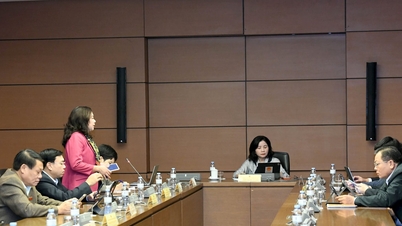
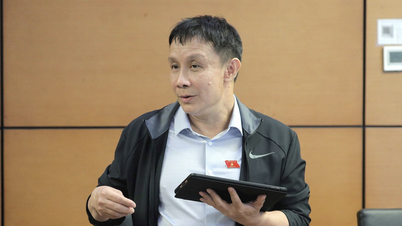
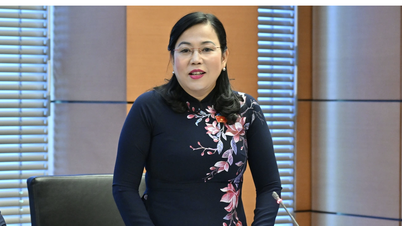

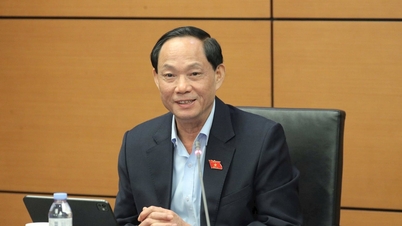
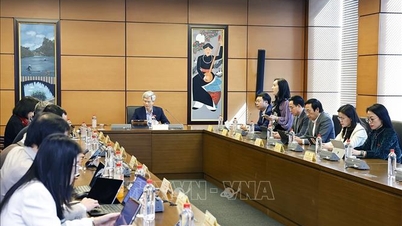



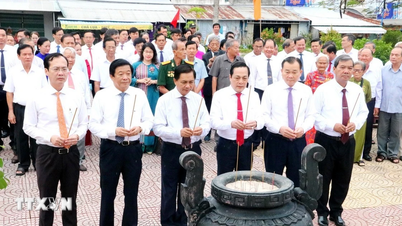
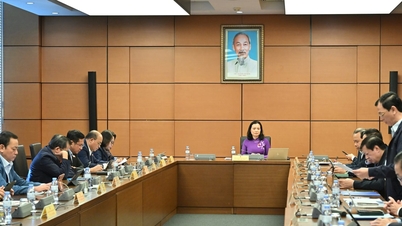
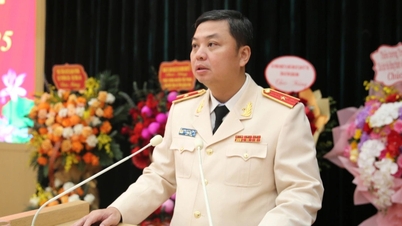









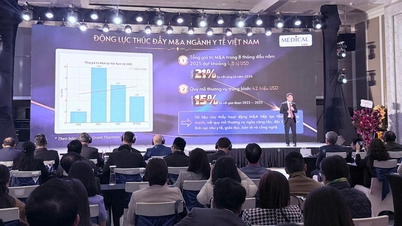
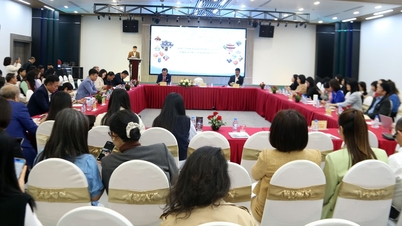
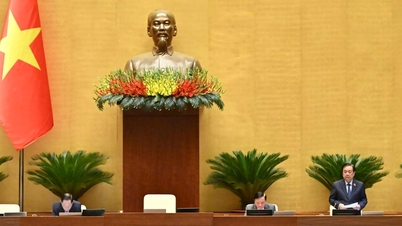

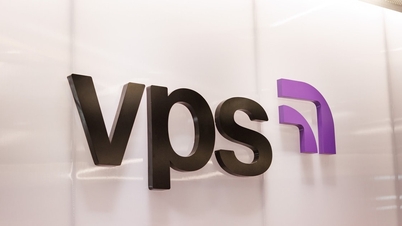























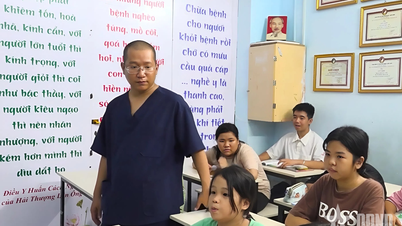



























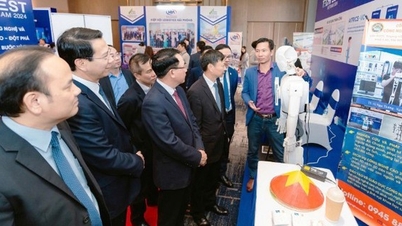


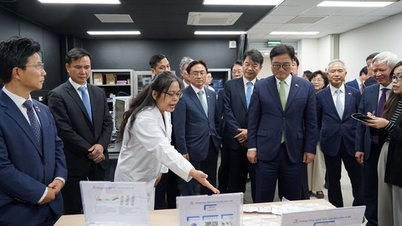


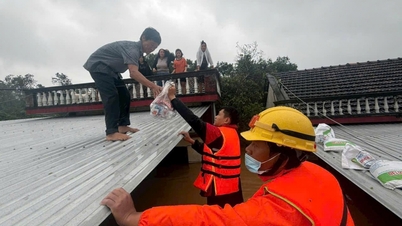



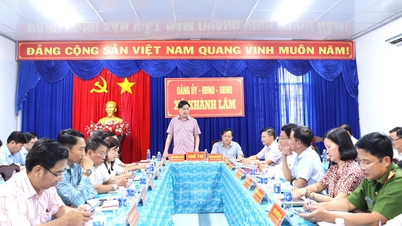

















Comment (0)